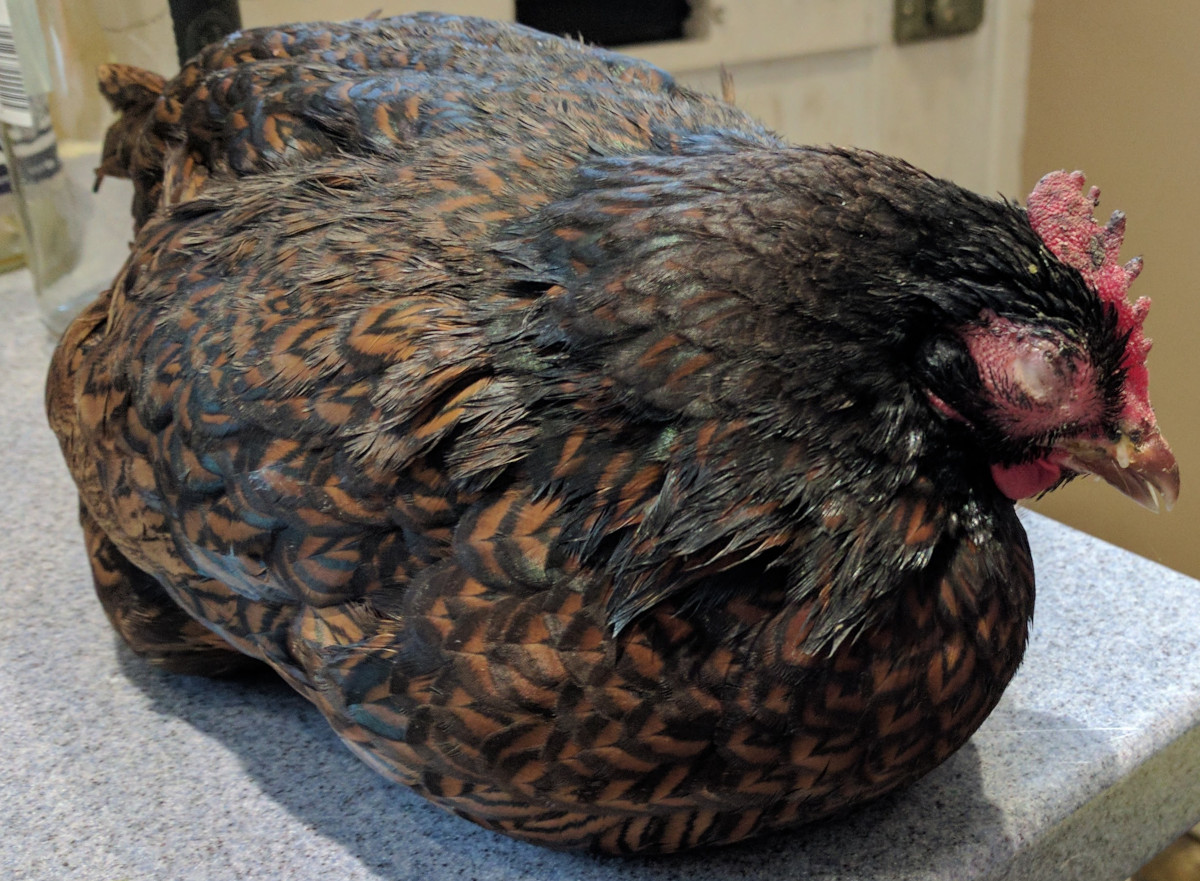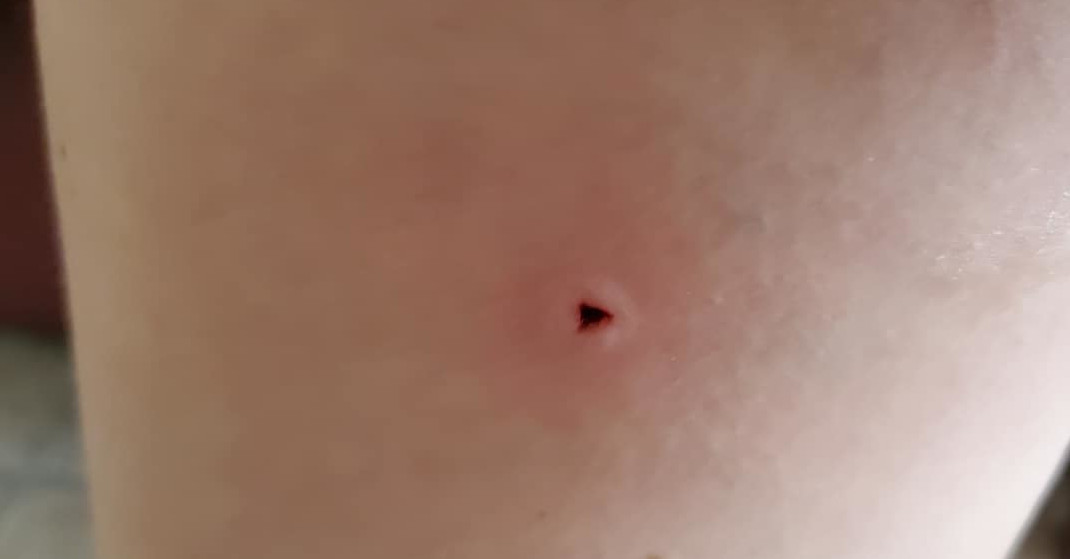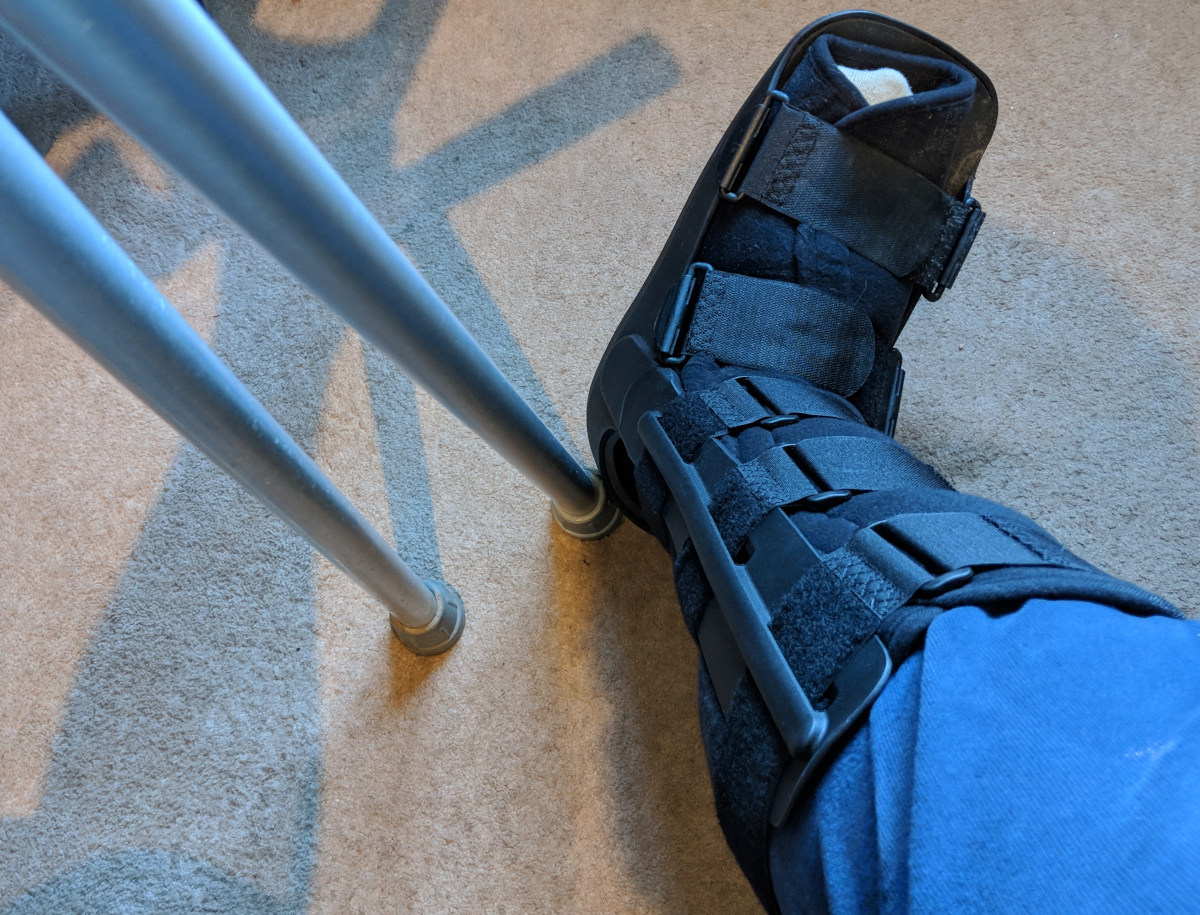Which diseases can humans catch from chickens and how to protect yourself.

You will be pleased to know that keeping chickens in your backyard is a safe pastime, especially if you take a few precautions. The vast majority of poultry keepers will never get sick from their birds.
I recently undertook a year long study of 2200 eggs from backyard chickens which included testing in a certified laboratory. Of the 400 we tested for salmonella and E.coli, only 2 results came back positive.
Table of Contents
Before I start it is important to note that not all chickens carry disease and most keepers will never get sick from their birds, I have been a poultry keeper for more than 20 years and have never caught anything from my birds.
All of the diseases listed are infectious zoonotic diseases that can be transmitted from animals to humans. Zoonotic diseases can be caused by bacteria, viruses, parasites, or fungi. They can be spread through contact with infected animals, their bodily fluids, or their faeces.
Some zoonotic diseases, such as rabies, can be fatal. Others, such as salmonellosis, can cause mild to moderate illness.
Who should be worried about getting sick from their chickens?
Everyone who keeps poultry should be worried enough to be careful when handling birds.
People who should be worried about getting sick from their chickens include:
- Young children. Very young children are more likely to get sick from zoonotic diseases than adults. This is because their immune systems are not as developed as adults and they have the habit of putting things in their mouths.
- The elderly. People aged 65 years and older are more susceptible.
- People with weakened immune systems. People with weakened immune systems, such as those with cancer, HIV/AIDS, or organ transplants, are more likely to get sick from zoonotic diseases.
- People who are pregnant. Pregnant women are more likely to get sick from zoonotic diseases, and their illness may be more severe.
- People who have allergies to birds. People who have allergies to birds are more likely to develop an allergic reaction after being exposed to chickens.
One of the big problem with some of these diseases is that the chickens can be carriers while seeming to be completely healthy.
Here is a complete definition of a zoonotic disease:
A zoonotic disease is an infectious disease that can be transmitted from vertebrate animals to humans. Zoonotic diseases can be caused by bacteria, viruses, parasites, or fungi. They can be spread through contact with infected animals, their bodily fluids, or their faeces. Some zoonotic diseases, such as rabies, can be fatal. Others, such as salmonellosis, can cause mild to moderate illness.
Zoonotic diseases are a major public health concern and can cause serious illness and death in humans. To put it in perspective, the Centre for Disease Control and Prevention estimates that Salmonella is responsible for 1.35 million infections, 26,500 hospitalisations, and 420 deaths in the United States every year. And while not all of the cases are caused by chickens, some definitely are.
There has only been one definite case of Rabies in chickens since records began.
They can also disrupt the economy and agriculture. Zoonotic diseases can be prevented by taking precautions to avoid contact with infected animals and their bodily fluids.
What diseases can you catch from your chickens?
Here is a table of the diseases humans can catch from chickens and the methods of transmission. It is important to remember that these disease can be caught from other animals and sources just as easily.
| Disease | No. of infections per year in humans | Symptoms in Humans | Methods of Transmission |
|---|---|---|---|
| Campylobacteriosis | 20 cases per 100K people per year | Diarrhoea, abdominal cramps, fever, nausea, vomiting | Eating raw or under-cooked poultry, contact with infected poultry or their faeces |
| Salmonellosis | 1.35 million cases per year. | Diarrhoea, fever, chills, headache, muscle aches, vomiting | Eating raw or under-cooked poultry, contact with infected poultry or their faeces |
| E. coli | 265,000 cases per year. | Diarrhoea, abdominal cramps, nausea, vomiting, fever | Eating raw or under-cooked poultry, contact with infected poultry or their faeces |
| Avian influenza | Total of 868 cases in 20 years. | Fever, cough, sore throat, muscle aches, fatigue, headache, runny or stuffy nose, nausea, vomiting, diarrhoea | Contact with infected poultry or their droppings, inhaling droplets from an infected bird's cough or sneeze |
| Newcastle disease | Unknown, never normally severe enough to need treatment. | Conjunctivitis (pink eye), respiratory problems, neurological problems | Contact with infected poultry or their droppings, inhaling droplets from an infected bird's cough or sneeze |
| Cryptosporidiosis | An estimated 748,000 cases of cryptosporidiosis occur each year in the US. Healthy individuals do not need treatment. | Diarrhoea, nausea, vomiting, stomach cramps, weight loss | Contact with infected poultry or their droppings, drinking water that has been contaminated with infected poultry droppings |
| Ringworm | Common from many sources. Over the counter remedies treat effectively. | Circular, scaly, red patches on the skin | Contact with infected poultry or their droppings, touching surfaces that have been contaminated with infected poultry droppings |
| Erysipelas | Between 2 and 250 people in 10K people per year. Mostly caused by Streptococcus. | Red, swollen, painful skin rash | Contact with infected poultry or their droppings, touching surfaces that have been contaminated with infected poultry droppings |
| Listeriosis | 1600 cases per year. Serious disease with a 20% mortality. | Fever, headache, muscle aches, nausea, vomiting, diarrhoea, stiff neck, confusion, convulsions | Eating raw or under-cooked poultry, contact with infected poultry or their droppings, drinking water that has been contaminated with infected poultry droppings |
| Chlamydia psittaci | Fewer than 10 cases per year. | Dry cough, headache, fever, muscle aches, difficulty breathing | A bacteria, mainly found in pigeons, parrots, geese, swans, chickens, turkeys and other birds, can cause pneumonia in people. |
| Histoplasma | Between 0 and 39 cases per 100K people per year depending on where you live. | Fever, cough, fatigue, chills, headache, aches and pains | A fungus which is harmless to chickens, thrives in their droppings and can cause severe illness in the young, older adults and people with compromised immune systems. |
| Hypersensitivity pneumonitis (HP) AKA bird fancier's lung | Studies suggest between 6000 and 21,000 cases per 100,000 persons per year for people who work closely with birds of all kinds, depending on type and location. | Mild cases may cause coughing, shortness of breath, and fatigue. More severe cases may also cause fever, chills, chest pain, and weight loss. | Caused by exposure to bird droppings, feather dust or dander, and saliva. Inhalation of dust causes lung scarring. |
It is important to note that not all chickens are infected with these diseases, and even if a chicken is infected, it may not show any symptoms. Zoonotic diseases are one very good reason to keep poultry outdoors and not bring it inside.
Pecking, scratching and spur injuries from chickens:
Cockerels have a set of spurs which can cause quite serious puncture wounds. Any wound that punctures the skin can cause infection and deep puncture wounds are renowned for causing tetanus.
Below: A calf injury from a cockerel spur.

A also have to confess here that I ended up with my foot in a pot and was on crutches for six weeks after slipping in the mud in a chicken run while carrying a 25 kg sack of chicken feed.
Below: My foot in a support and 6 weeks on crutches for slipping on my arse while feeding the hens.

Steps to prevent disease in chickens:
steps you can take to prevent disease in chickens. Some of the most important steps include:
- Buy your chickens from a reputable source. This will help ensure that your chickens are healthy and free of diseases.
- Quarantine new chickens for at least 30 days before introducing them to your flock. This will give you time to monitor them for signs of disease.
- Keep your chicken coop clean and dry. This will help prevent the spread of bacteria and parasites.
- Provide your chickens with fresh, clean water and food. This will help keep them healthy and strong.
- Vaccinate your chickens against common diseases. This will help protect them from getting sick.
- Monitor your chickens for signs of disease. If you see any signs of illness, such as diarrhoea, coughing, or sneezing, contact your veterinarian immediately.
What precautions should you be taking to avoid catching zoonotic diseases?
It is always best to take precautions to avoid getting sick from chickens:
- Washing your hands thoroughly after handling chickens or their droppings.
- Don't kiss chickens.
- Butcher birds cleanly and cook poultry thoroughly before eating it.
- Keeping chicken coops clean and free of debris.
- Avoiding contact with sick chickens.
- Wear gloves when handling chickens or their droppings.
- Change your clothes and shoes after handling chickens.
- Do not allow children to play in the chicken coop.
- Keep the chicken coop away from food and water sources.
- Clean and disinfect the chicken coop regularly.
- Dispose of chicken waste properly.
- If you have any questions or concerns, consult with your veterinarian.
- Get vaccinated against zoonotic diseases.
If you think you may have contracted a disease from a chicken, it is important to see a doctor right away.
